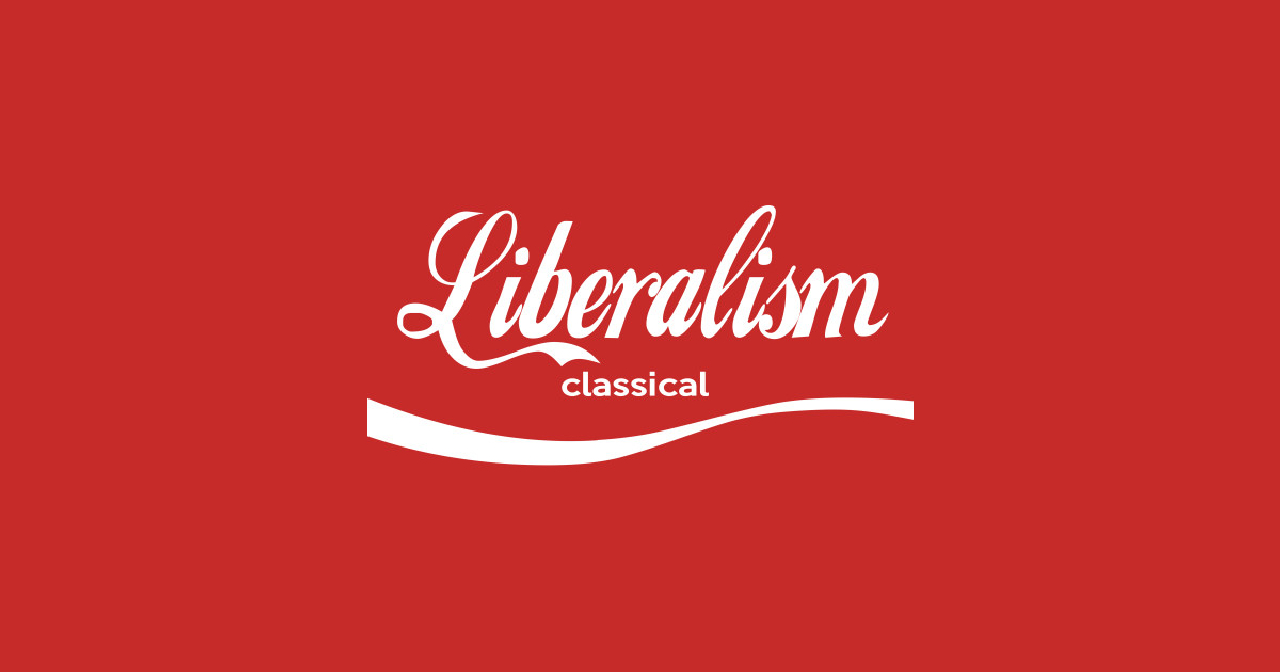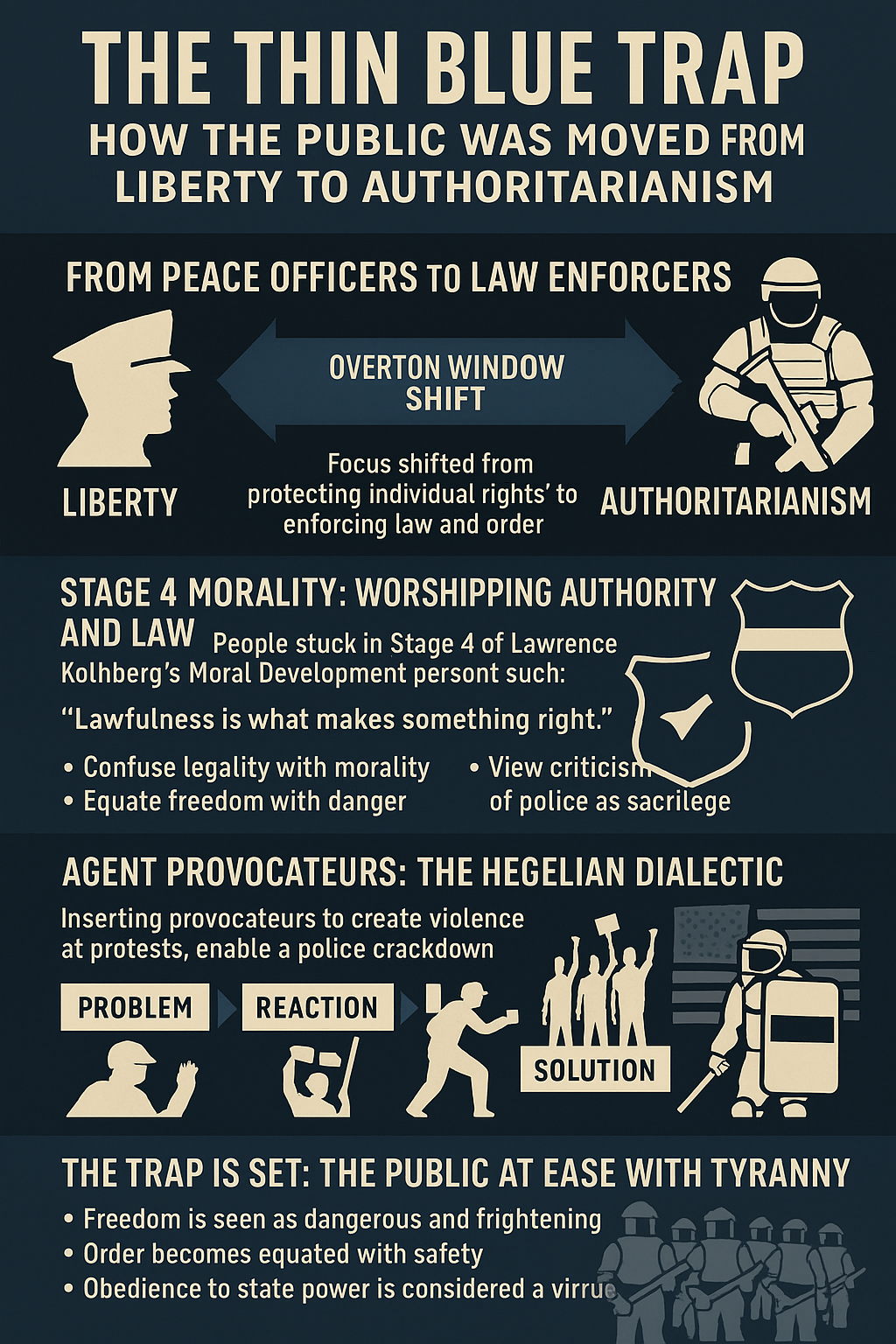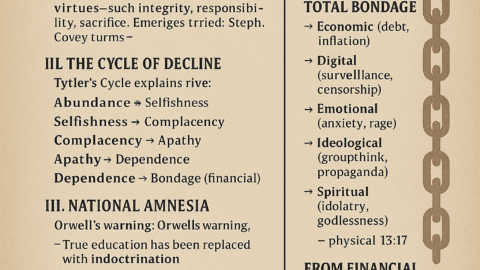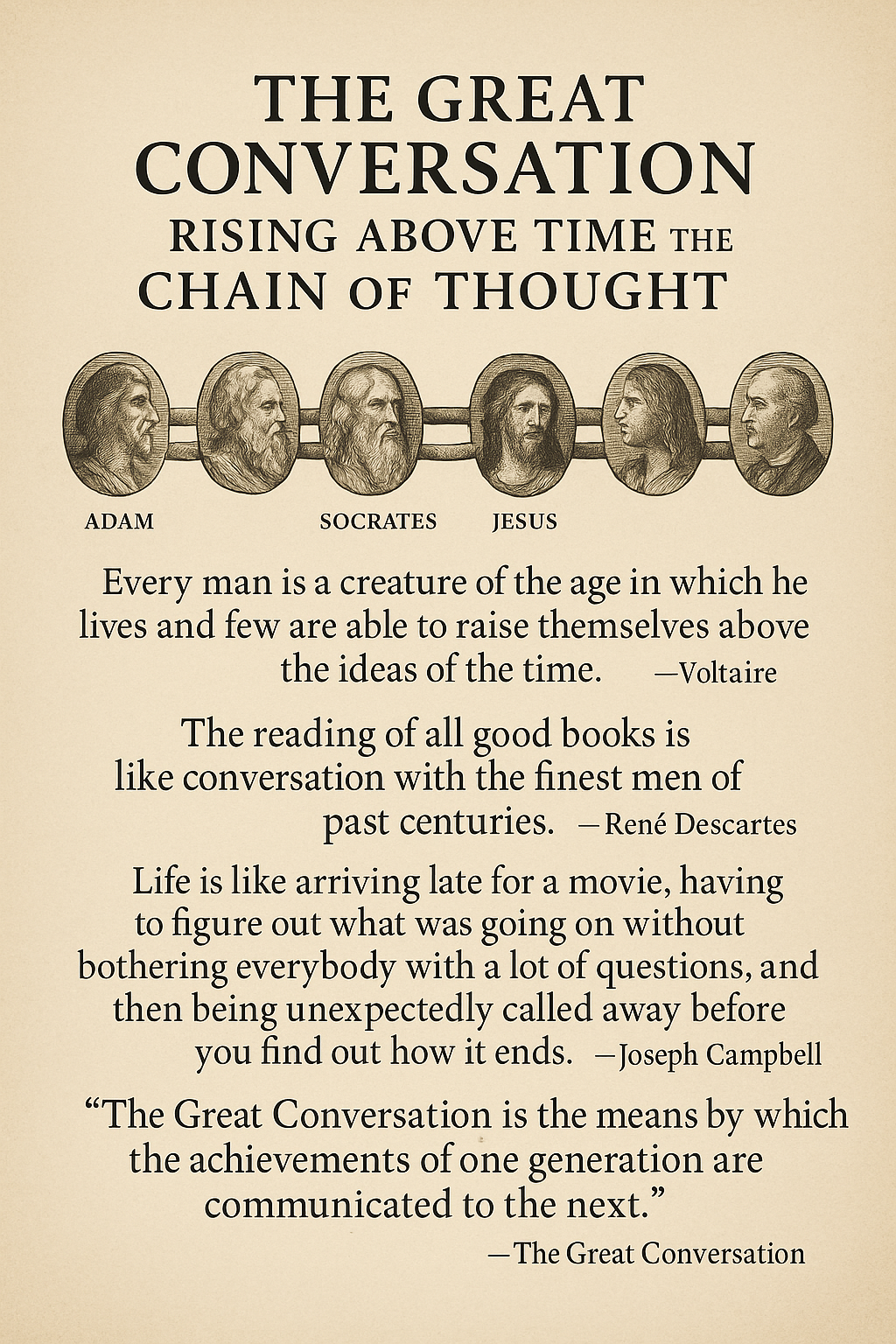John Locke is often cited as the father of classical liberalism. Those values as principles that were so vital to the Founding Generation began to gain traction thanks to the writings of Enlightenment Thinkers and Philosophers like Locke. When you hear contemporary thinkers like writer, Andrew Klavin, muse that he is, “Conservative because,” he is, “liberal,” this is why. Today’s Conservatives largely seek to preserve the values of individual liberty and personal responsibility that several hundred years ago, and prior to the second Progressive Era in 1940s America, were often called liberal or conservative interchangeably.
Today if someone calls themselves a classical liberal many people become confused. While there was a time when the term Liberal was associated with what you might call Conservative today, FDR used the term interchangeably with the term Progressive, reassigning it from America’s Right flank to its Left. But the values of Classical Liberalism remain unchanged, even as the term Liberal itself has changed dramatically. And those original values found their birth in the Treatise on Government. In the first one, Locke dismissed the idea of the Divine Right to Rule. No one could possibly have such a claim. In the Second Treatise Locke would seek to establish the idea that the right to rule was born with the consent of the governed, through a social contract of sorts. The idea was that power was born from the commonwealth, or community coming together and lending their power to a leader to handle the things that the ordinary people couldn’t do on their own. Things like safety, defense, and of course safeguarding the individual liberties of the people. That last one being the most important duty of government, as Locke did not believe that those granted power should exceed the powers granted to them by the people, and that the people could not grant powers they did not possess themselves. He said, “No body can give more power than he has himself; and he that cannot take away his own life, cannot give another power over it.”
Fundamentally, Locke argued that, while we are born a blank slate, the mere fact of our humanity grants us certain natural liberties. “The state of nature has a law of nature to govern it, which obliges every one: and reason, which is that law, teaches all mankind, who will but consult it, that being all equal and independent, no one ought to harm another in his life, health, liberty, or possessions.” One may rephrase these fundamental values to the more recognizable, “life, liberty and the pursuit of happiness,” found in our Declaration of Independence.
Locke was a staunch advocate of the right to live, and that everyone, except criminals, had an undeniable right to self-preservation. “Every one, as he is bound to preserve himself, and not to quit his station wilfully, so by the like reason, when his own preservation comes not in competition, ought he, as much as he can, to preserve the rest of mankind, and may not, unless it be to do justice on an offender, take away, or impair the life, or what tends to the preservation of the life, the liberty, health, limb, or goods of another.”
Locke believed that men should be governed by their own reason, and that apart from instance where they have caused harm, they should be left to their own reason. “The freedom then of man, and liberty of acting according to his own will, is grounded on his having reason, which is able to instruct him in that law he is to govern himself by, and make him know how far he is left to the freedom of his own will.” He also said, “The liberty of man, in society, is to be under no other legislative power, but that established, by consent, in the commonwealth; nor under the dominion of any will, or restraint of any law, but what that legislative shall enact, according to the trust put in it.”
Locke was also a staunch advocate of personal property rights. “Though the things of nature are given in common, yet man, by being master of himself, and proprietor of his own person, and the actions or labour of it, had still in himself the great foundation of property; and that, which made up the great part of what he applied to the support or comfort of his being, when invention and arts had improved the conveniences of life, was perfectly his own, and did not belong in common to others.”
These fundamental values have been critical to the view of government that led to the development of the Declaration of Independence. Thomas Jefferson referred to John Locke as one of his, “Trinity of the three greatest men the world ever produced,” (the others being Francis Bacon and Issac Newton). -1. Jefferson kept a portrait of Locke in his parlor at Monticello.
Indeed, Locke is often cited as an influence for many of the founding fathers, and his works are credited as the justification for revolution, as England would often violate the principles of natural law. To distill the revolutionary war down to a tax revolt is an oversimplification. In reality, it was the blossoming of the tree of liberty born from the seed of natural rights planted by John Locke in his treatises on government.
Today we see challenges to natural law and natural rights rising again. The right to life is challenged by those who believe the planet to be overpopulated, and promote behaviors and ideas to reduce the population, such as abortion, eugenics, or medical quackery that leads to the sterilization of children.
We see challenges to liberty, as the government insists on greater and greater power over the lives of ordinary people. Rather than protecting the civil liberties of the people, the people are watched, scrutinized, and treated with surveillance and suspicion.
And of course, our rights to property are challenged with burdensome regulations which restrict how, where, and when we may own or make use of everything from our homes to whatever other resources we may have access to, while activist corporations advocate for a world where we will, “own nothing and be happy.”
As we continue to see these challenges rise, there is a temptation to anger, righteous though it may be. Sometimes we may be tempted to use what power we have to shut down those who are challenging our rights. Nevertheless, I am convinced that John Locke is correct, and we mustn’t lose sight of those enlightenment principles that are under threat. Rather than swearing fealty to one man, or seeking out a hero to save us, we should rediscover those values and seek to preserve them. Without understanding Natural Rights, and the Social Contract, we are lost.
-1. Jefferson to Benjamin Rush, January 16, 1811, in PTJ:RS, 3:305. Transcription available at Founders Online. https://www.monticello.org/research-education/thomas-jefferson-encyclopedia/john-locke-painting/#:~:text=Historical%20Notes%3A%20Thomas%20Jefferson%20called,Sidney%20(1622%2D1683)%2C Monticello.org, accessed 7/23/22






